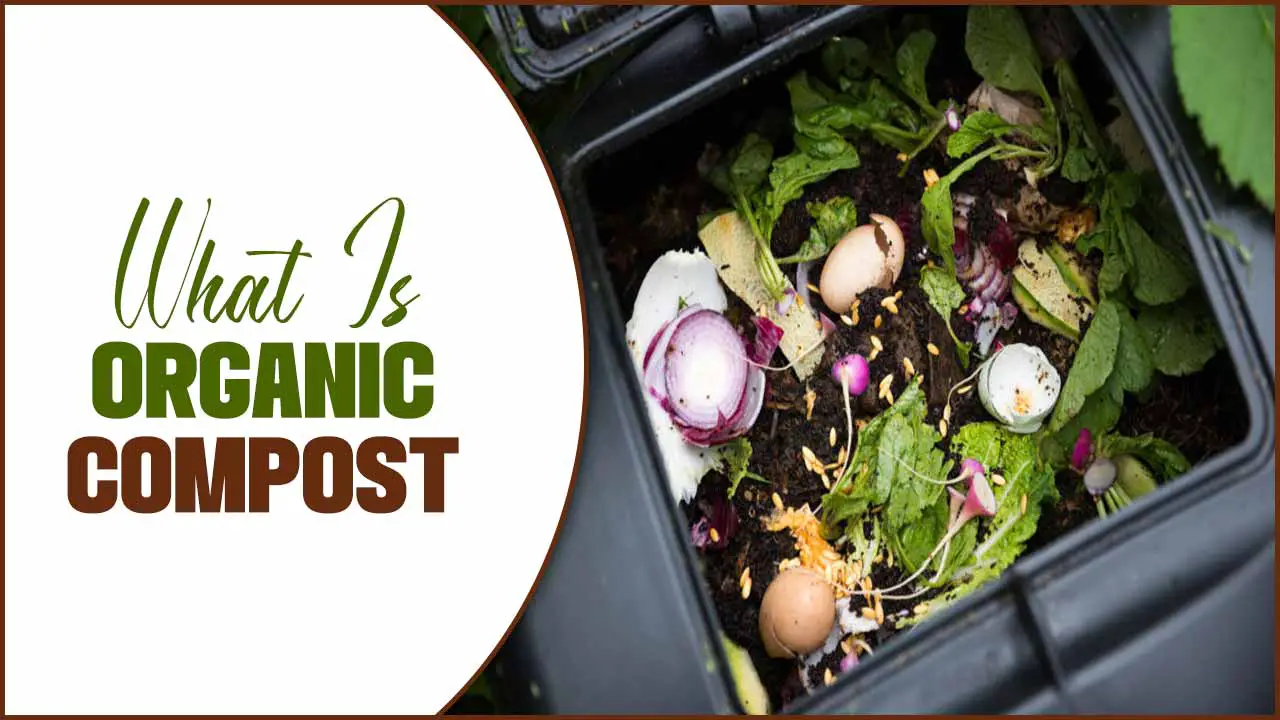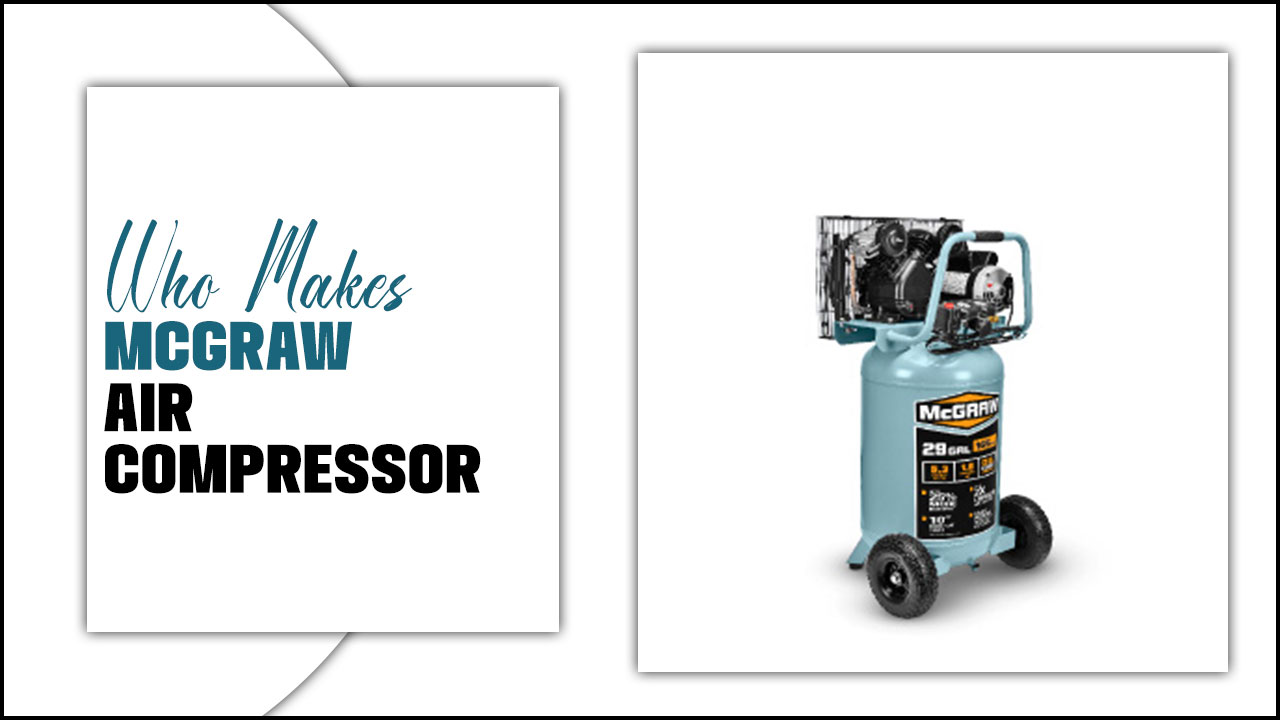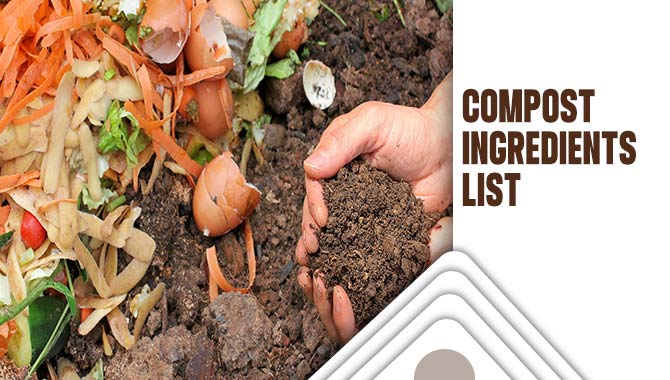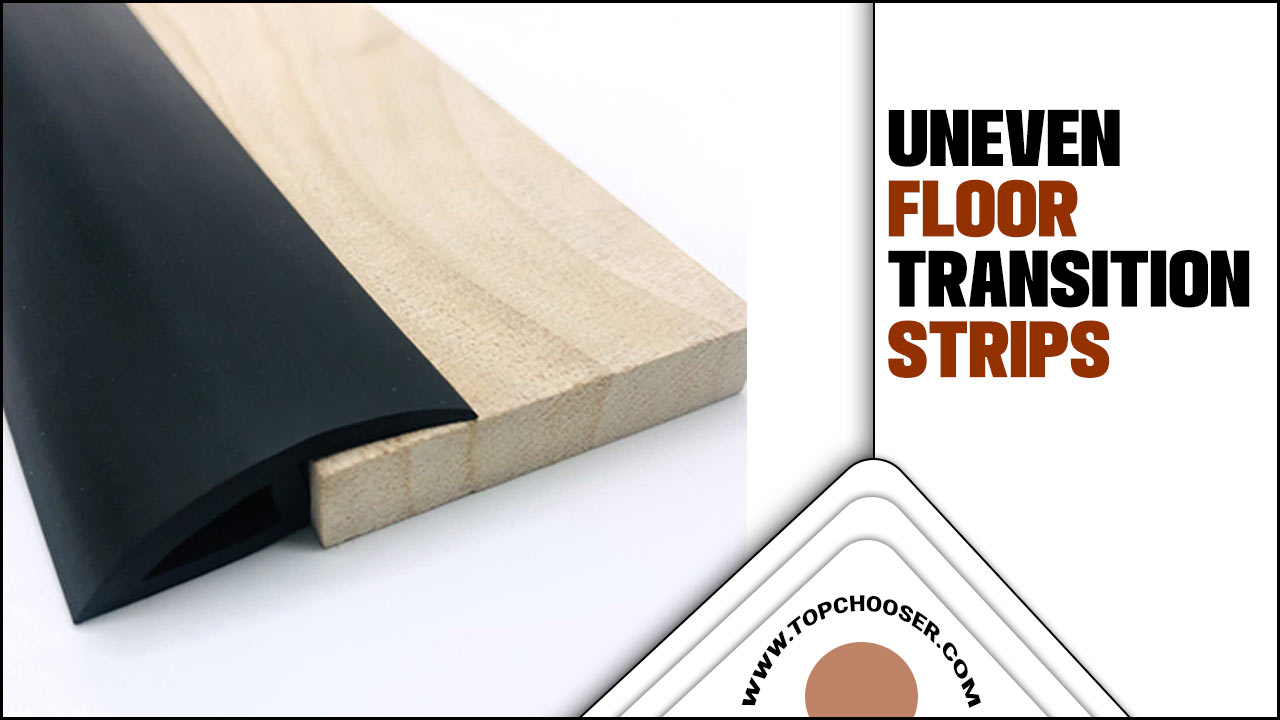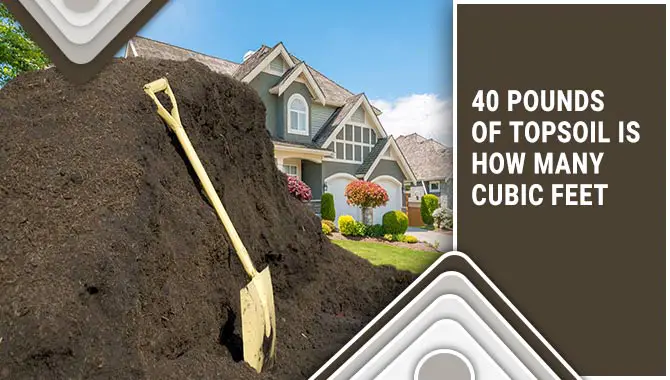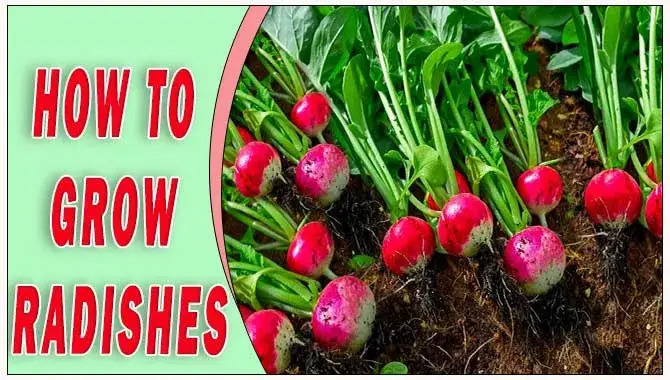Composting is an excellent way to turn food scraps and yard waste into organic, nutrient-rich soil for your garden. However, even the most seasoned composters can sometimes run into issues that hinder the composting process.
Several common problems can arise when composting, from unpleasant odours to slow decomposition. But fear not; with the right knowledge and Composting troubleshooting techniques, you can easily overcome these obstacles and get your compost pile back on track.
This blog post will explore some of the most common composting issues and provide practical solutions to help you troubleshoot your compost pile. Whether you’re a beginner or an experienced composter, this guide will equip you with the skills and knowledge to create healthy, thriving compost.
So, if you’re struggling with your compost pile or simply want to learn more about the composting process, keep reading to discover how to troubleshoot your compost and produce nutritious soil for your garden.
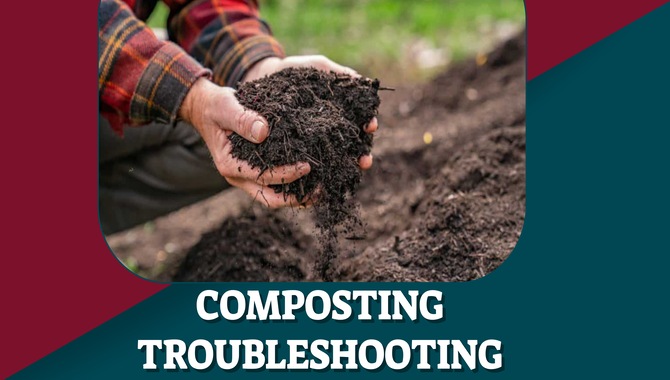
Composting Troubleshooting Tips
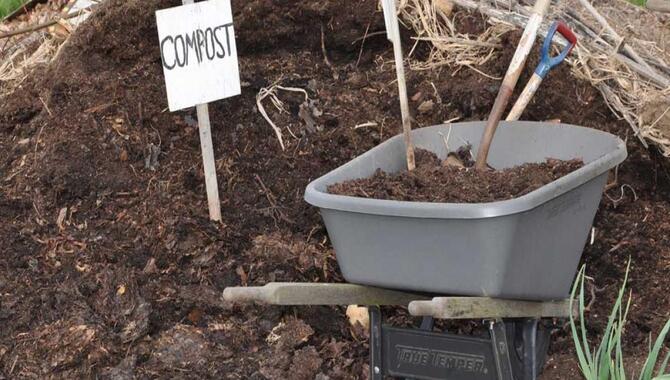
Composting is a great way to turn kitchen scraps and yard waste into nutrient-rich soil for your garden. However, it can be frustrating when things don’t go as planned. If your compost smells bad, it may be too wet or not getting enough air.
If it’s not breaking down, you may need to add more “green” materials or chop up larger items. Pests can also be a problem, so keep compost piles covered and avoid adding meat or dairy products. With some troubleshooting, you can turn your compost pile into a successful garden amendment. Here are some tips on Composting Troubleshooting and solutions:
1.Too Wet
When compost is too wet, it can become a smelly and slimy mess. This is because the excess moisture limits the amount of oxygen in the compost pile, creating an anaerobic environment that promotes the growth of odour-causing bacteria. To fix this issue, add dry materials such as leaves, straw, or shredded paper to the compost pile to absorb the excess moisture.
Turning the pile regularly to promote aeration and ensure even moisture distribution is also important. Additionally, avoid adding too many wet materials, such as food scraps or fresh grass clippings, at once, as this can overwhelm the compost pile and lead to excess moisture.
2.Too Dry
If your compost pile is too dry, add water to it. However, ensure not to add too much water, which can lead to a lack of oxygen in the pile. To avoid this, add water gradually and mix the pile well. You can also add moist materials such as food scraps or green leaves to help balance the moisture level. Covering the pile with a tarp or lid can also help retain moisture. Remember to check the moisture level regularly and adjust it to keep the compost healthy and active.
3.Smells Awful
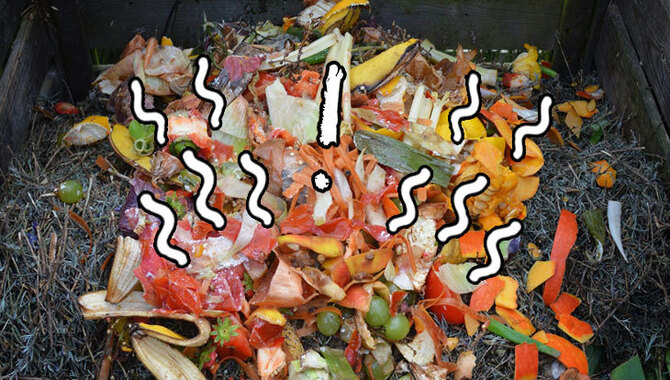
The compost pile smells bad. It may be too wet or have too much nitrogen-rich material. Mix the pile thoroughly with dry materials like leaves or shredded paper to fix this issue. Avoid adding meat, dairy, or oily foods to the compost, as they can cause unpleasant odours.
Also, turn the compost pile regularly to aerate it and help it break down properly. If the odour persists, it may indicate an imbalance in the compost pile’s composition, and you may need to adjust the mix of materials you are adding.
4.Rodent And Pest Problem
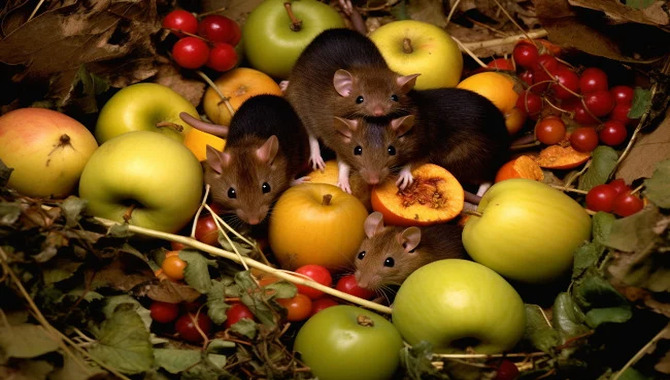
If you are experiencing rodent and pest problems with your compost, there are several things you can do to address the issue. Firstly, ensure you are not composting animal products such as meat or dairy, as this can attract rodents. Secondly, ensure your compost is well-aerated and not too moist, which can also attract pests.
Consider using a compost bin with a tight-fitting lid to deter animals, or add food-grade diatomaceous earth to your compost to discourage pests. Finally, if the problem persists, you may need to relocate your compost bin to a more suitable location.
5.Lots Of Cockroaches
If you’re noticing a lot of cockroaches in your compost bin, you’re likely providing too many food scraps high in nitrogen. This can create an environment that is too moist and warm, perfect for cockroaches to thrive. To remedy this, add more “brown” materials to your compost, like dried leaves or shredded paper, to balance the nitrogen-rich food scraps.
It’s also a good idea to avoid adding meat, dairy, and oily foods to your compost, as these can attract pests and slow down the composting process. Finally, ensure your compost bin is properly sealed and not too close to your home, as this can help prevent pests from becoming a problem.
6.Lots Of Maggots
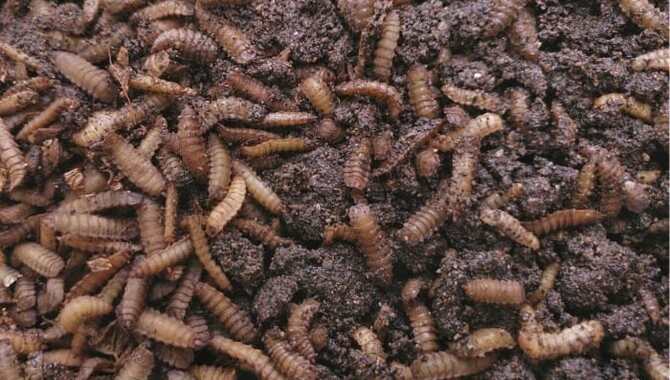
Notice lots of maggots in your compost bin. It’s likely because you’re adding too much wet green material, like food scraps, and not enough dry brown material, like leaves or shredded paper. Try adding more dry material to your compost and avoid adding meat or dairy products, as they can attract maggots.
You can also cover your food scraps with a layer of dry material to discourage flies from laying eggs in your compost. If the problem persists, consider turning your compost more frequently or adding a compost activator to speed up decomposition and discourage fly breeding.
7.The Ticks Aren’t Breaking
If ticks are not breaking down in your compost, it could be due to several reasons. Firstly, ticks are tough and may take longer to decompose than other materials. Secondly, your compost may not be hot enough to break them down. Try adding more nitrogen-rich materials or turning your compost more frequently to increase the heat.
Finally, if you are using pesticides or insecticides in your yard, these chemicals can harm the beneficial bacteria and organisms responsible for breaking down compost. Avoid using these chemicals or use them sparingly to help improve the composting process.
8.The Compost Is Not Getting Enough Moisture
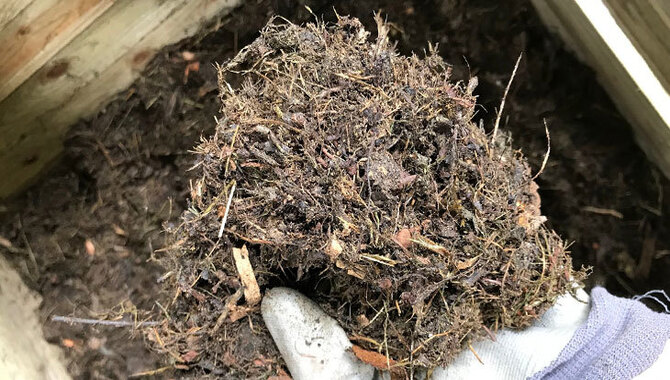
There could be several reasons why the compost is not getting enough moisture. It could be due to insufficient watering, lack of rain, improper layering of materials, or poor drainage. It’s essential to regularly check the moisture level of the compost and adjust watering as needed.
Adding wet materials, such as kitchen scraps or grass clippings, can also help increase moisture. Additionally, ensuring proper aeration and avoiding compacting the compost can improve drainage and prevent the compost from becoming waterlogged.
9.Composting The Wrong Materials
It’s essential to compost the right materials. Composting the wrong materials can lead to odours, attract pests, and even harm your plants. Avoid composting meat, dairy, and oily foods, as they attract rodents and create unpleasant smells.
It’s also important to avoid composting weeds with seeds and diseased plants, as the seeds and diseases can survive in the compost and spread to your garden. Stick to composting fruit and vegetable scraps, yard waste, and dry leaves for the best results.
10.Prevent Problems With Composting By Using Lomi
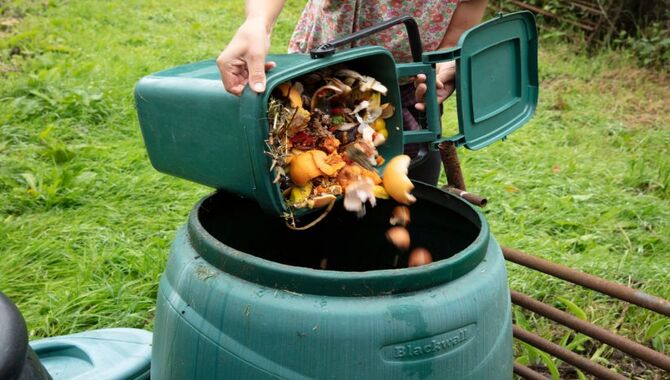
Lomi is an effective solution for preventing problems with composting. By using Lomi, you can ensure that your compost pile is properly aerated, which helps to prevent odours and promotes healthy decomposition.
Additionally, Lomi helps to break down tough materials like branches and twigs, making them more manageable for composting. With Lomi, you can enjoy the benefits of composting without the hassle of dealing with unpleasant odours or difficult materials.
11.The Compost Attracts Unwanted Animals
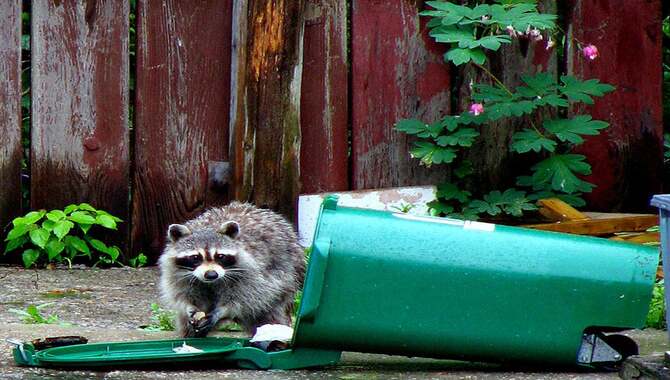
One solution to address the issue of unwanted animals being attracted to the compost is to ensure the compost bin is securely closed. Additionally, avoid composting meat, dairy, and oily or greasy foods that can increase the smell and attract animals. Lastly, consider placing the compost bin in an area that is less accessible to wildlife or using a compost bin with a locking mechanism.
12.There Are Too Many Carbon-Rich Materials In The Compost
It is important to balance the carbon-rich (brown) and nitrogen-rich (green) materials in compost to promote healthy decomposition and avoid unpleasant odours or slow decomposition. Some common carbon-rich materials include dried leaves, straw, and wood chips, while nitrogen-rich materials include grass clippings, food scraps, and manure. To balance the compost, adding more nitrogen-rich materials or mixing existing compost with a higher nitrogen content may be helpful.
13.The Compost Has Too Much Nitrogen-Rich Material
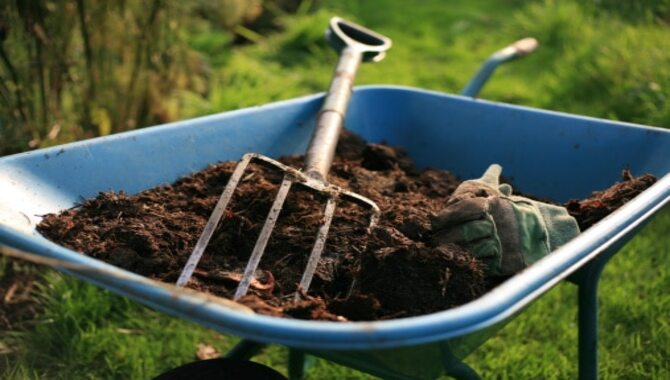
To solve the issue of excess nitrogen in your compost, you can add some carbon-rich materials such as dried leaves, straws, or shredded newspaper to balance the ratio of nitrogen to carbon. It’s essential to mix the materials well to ensure proper decomposition. Additionally, avoid adding meat, dairy, or oily foods to the compost pile, which can attract pests and slow composting.
Conclusion
Understanding and addressing composting troubleshooting is vital for maintaining a successful composting process and maximizing its benefits. Involves identifying and resolving common issues that may arise during composting, such as unpleasant odours, slow decomposition, or the presence of pests.
The importance of troubleshooting lies in its ability to ensure the efficiency and effectiveness of the composting system. By proactively addressing any challenges or setbacks, individuals can optimize the decomposition process, prevent potential problems, and produce high-quality compost. Specificity is crucial in troubleshooting as each issue requires a targeted approach for resolution.
Whether it involves adjusting the carbon-to-nitrogen ratio, improving aeration, or managing moisture levels, addressing specific problems allows for successful composting and the production of nutrient-rich compost for gardening and soil enrichment. By implementing appropriate strategies and solutions, individuals can turn troubleshooting into an opportunity for continuous improvement, sustainable waste management, and creating a healthy and thriving composting system.
FAQ’s
[rank_math_rich_snippet id=”s-1272aeb2-2d08-427a-afb9-5e612c037977″]

I am passionate about home engineering. I specialize in designing, installing, and maintaining heating, ventilation, and air conditioning systems. My goal is to help people stay comfortable in their homes all year long.

